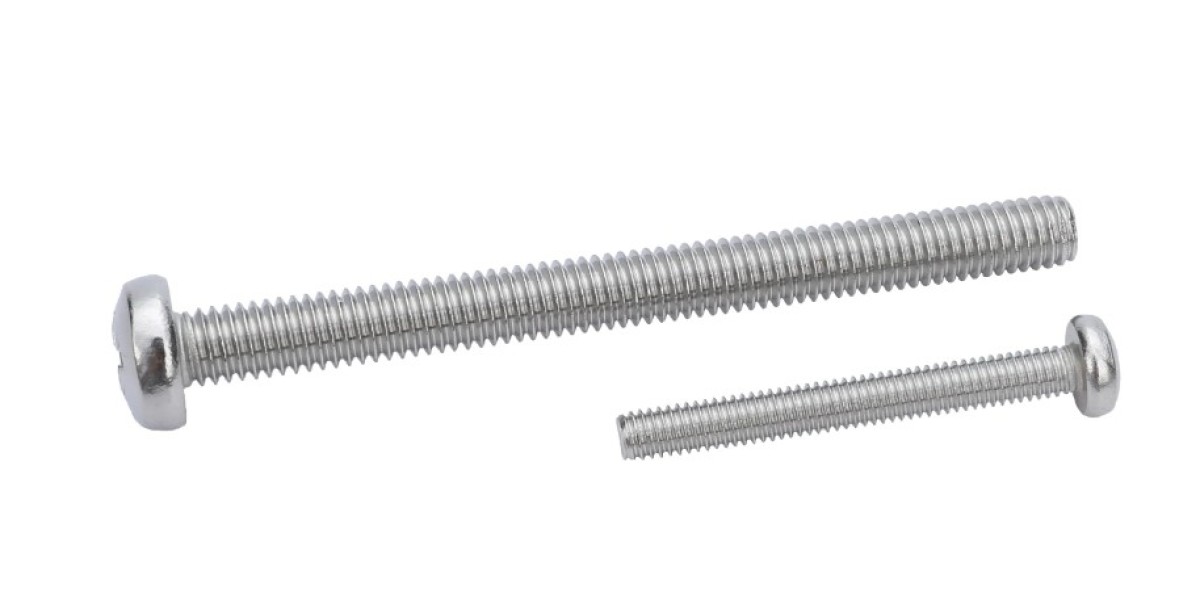Distinguish Among Types of Industrial Fasteners
Every fastener is designed for a specific task. Examples include bolts, screws, nuts, washers, and anchors, but these are not the only ones. A well-rounded fastener selection helps meet specific criteria. For example, bolts are a go-to for heavy-duty applications, while screws are more suitable for lightweight materials. Further, fasteners made from stainless steel, carbon steel, or even plastic will differ based on eco concerns and the weight of the load. A good understanding of different fasteners will help meet industrial needs.
Consider Load and Stress Factors
It is important to think about the load and stress factors when selecting fasteners. Every application presents different levels of stress on the fasteners. Please think about dynamic loads and vibrations. Locking mechanisms or special fasteners designed to endure these loads may be necessary. Evaluating the tensile and shear strength of the fasteners can ensure they meet the demands. Avoiding potential failures and enhancing the assembly's reliability goes with proper assessment of these factors.
Assessing Environmental Factors
Safety and security, as well as environmental factors, are very important in regard to the success and the functionality of the fasteners. Temperature, moisture, and other corrosive matters could certainly impact the working integrity of the fasteners. Operating in marine environments, for example, necessitates the use of corrosion resistant fasteners, stainless steel fasteners, or flaky protective basal coat fasteners to avoid rust and degradation. Similarly, use of fasteners in other high-temperature applications require the use of high heat tolerating fasteners. Assessing the environmental factors of your industrial workplace ensures the selection of fasteners which will perform well and maintain integrity over time.
Use of Correct Dimensions and Proper Interfacing Components
An important element in the speed and selection of the fasteners to be used is ensuring the correct size and uniform interfacing with other components. Incorrect sizing or use of inappropriate fasteners could result in weak joint, losing alignment, and many other injuries and disorders. Adhering to manufacturer specifications and industrial standards of your fasteners, as well as looking with approval to many other materials joined with fasteners is very important for it’s tighter and stronger joining. For instance, using dissimilar metals with a joined assembly could easily lead to galvanic corrosion thereby jeopardizing the integrity of the assembly. Adhering to proper sizing and use of right interfacing fasteners with the work, will result to improved performance and working life of the fasteners used.
Quality and Reliability Come First
As a rule, do not skimp on the fasteners’ quality. They should be tested and manufactured to high-performance standards to ensure effectiveness in critical situations. Quality fasteners will minimize the need for repeated maintenance or repairs in the future, making them worthwhile. Buy from trusted manufacturers with reliable product documentation. Taking the time to understand your suppliers and prioritizing quality ensures that the fasteners will serve your industrial purpose and help you succeed on your projects.
To wrap up, understanding the type, load, environmental factors, sizing, and fastener quality will help you serve your industrial needs better. While we have provided you with the main factors to keep in mind, assessing the projects will help you complement the performance and reliability of your assemblies. Always keep in mind that fasteners are critical to the success of your projects and should not be looked at carelessly.






